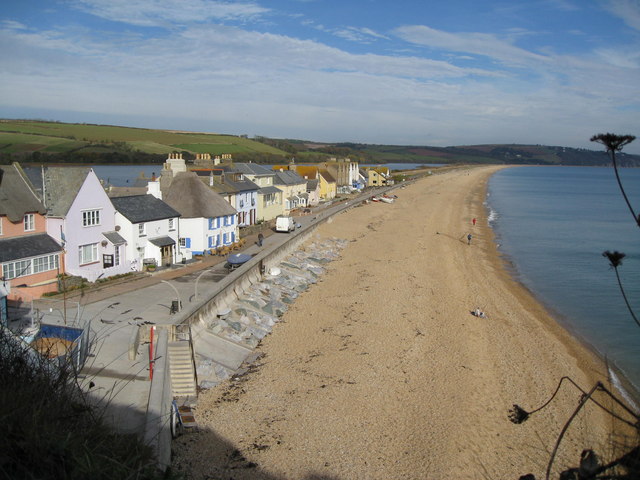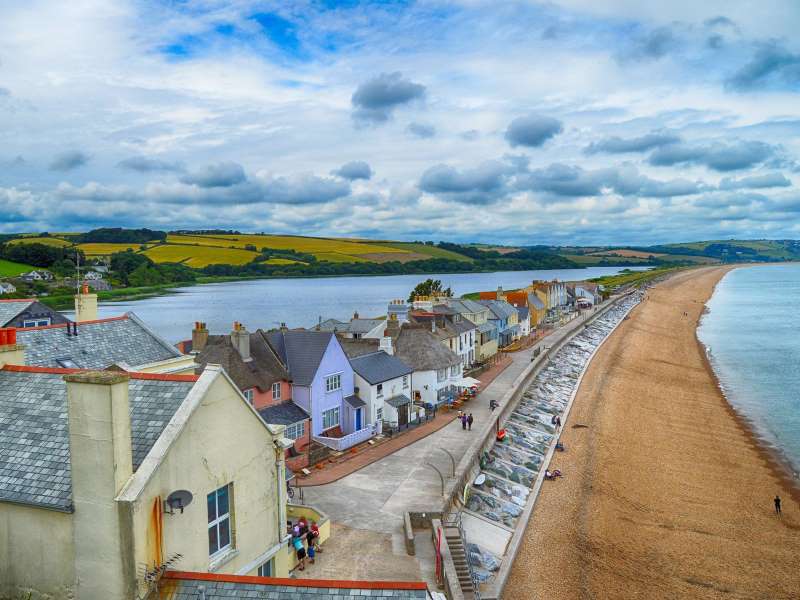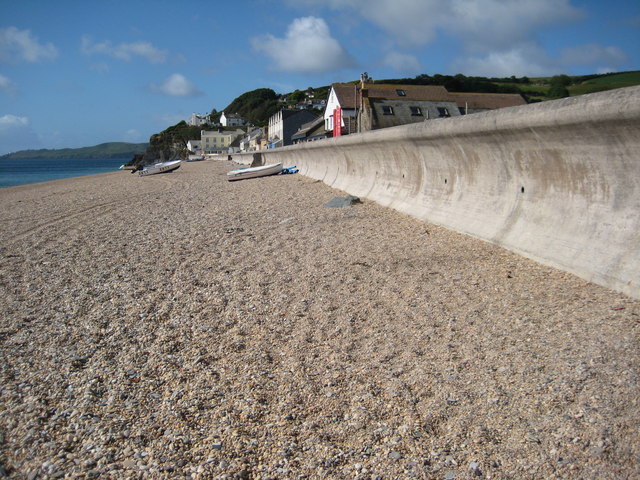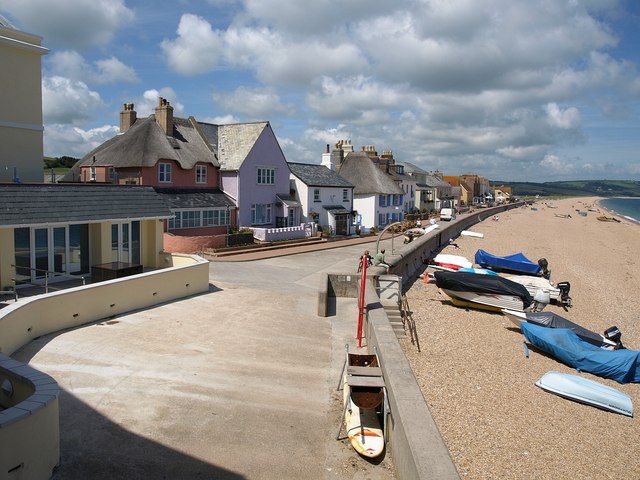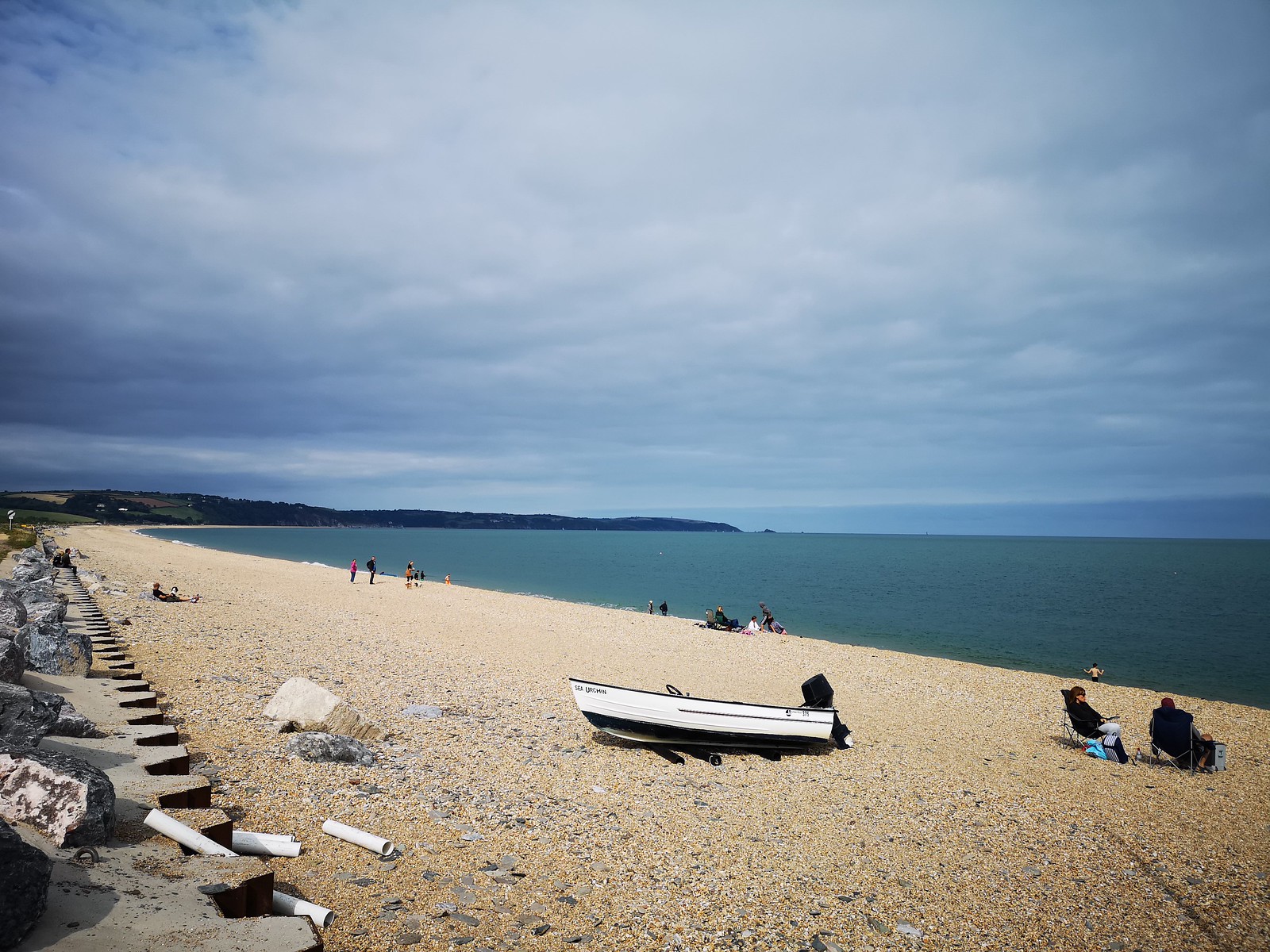Slapton Sands (Torcross)
Despite the name Slapton Sands this long arc of beach is in fact largely shingle and pebble. However, this does little to affect its popularity and undeniably pretty scenery. The coastline here has been designated as an “Area of Outstanding Natural Beauty” and is also something of a haven for wildlife.
The beach here is backed by a large freshwater lake - Slapton Ley - which forms an important part of a nature reserve. This is home to many examples of rare flora and fauna.
The beach is also a point of historical interest as it was used in 1943 before the D-Day Landings to rehearse ahead of the attack. Sadly however, live ammunition was used and, due to poor weather which reduced visibility, several hundred American soldiers died here. There is a stone monument on the beach which pays tribute to “Operation Tiger” and makes for a moving visit if you travel to Slapton Sands.
These days Slapton Sands is known for being a family-friendly beach with calm waters and plenty of space. This is also a great spot to try water sports such as surfing, windsurfing and canoeing and lifeguards operate here in the summer season meaning that you can swim here with full peace of mind.
In terms of amenities, you will find a beach cafe here that sells refreshments as well as toilets and disabled access. In addition, Slapton Sands is a dog-friendly beach with dogs welcome throughout the year.
Also known as:
Torcross
Type of beach
Shingle
Lifeguard service
No
Dogs friendly beach?
Dogs allowed
Dogs allowed all year
Activities
- Kayaking/canoeing
- Sailing
- Wind surfing
Facilities
- Toilets
- Shop
- Pub nearby
- Promenade
Nudist/naturist beach
Yes
Submit a correction
Notes & pending corrections
2021-10-28
As a person interested in history, I'm not sure putting only that live ammunition and poor weather contributed to the tragedy of Operation Tiger. I understand wanting to be brief for the sake of the purpose of the page, but that seems blatantly inaccurate. Radio frequency errors, timing of mission launch, unknown proximity of German boats patrolling nearby, and damage to one of the escort ships prior to outset , in addition to poor instruction regarding the use of an unfamiliar lifebelt for non-navel soldiers are contributing factors and even then probably doesn't cover all of the catastrophic errors of that operation.
These corrections have been acknowledged and are awaiting verification before we update the page. We would suggest you double check the information here as we have not yet confirmed its accuracy.
